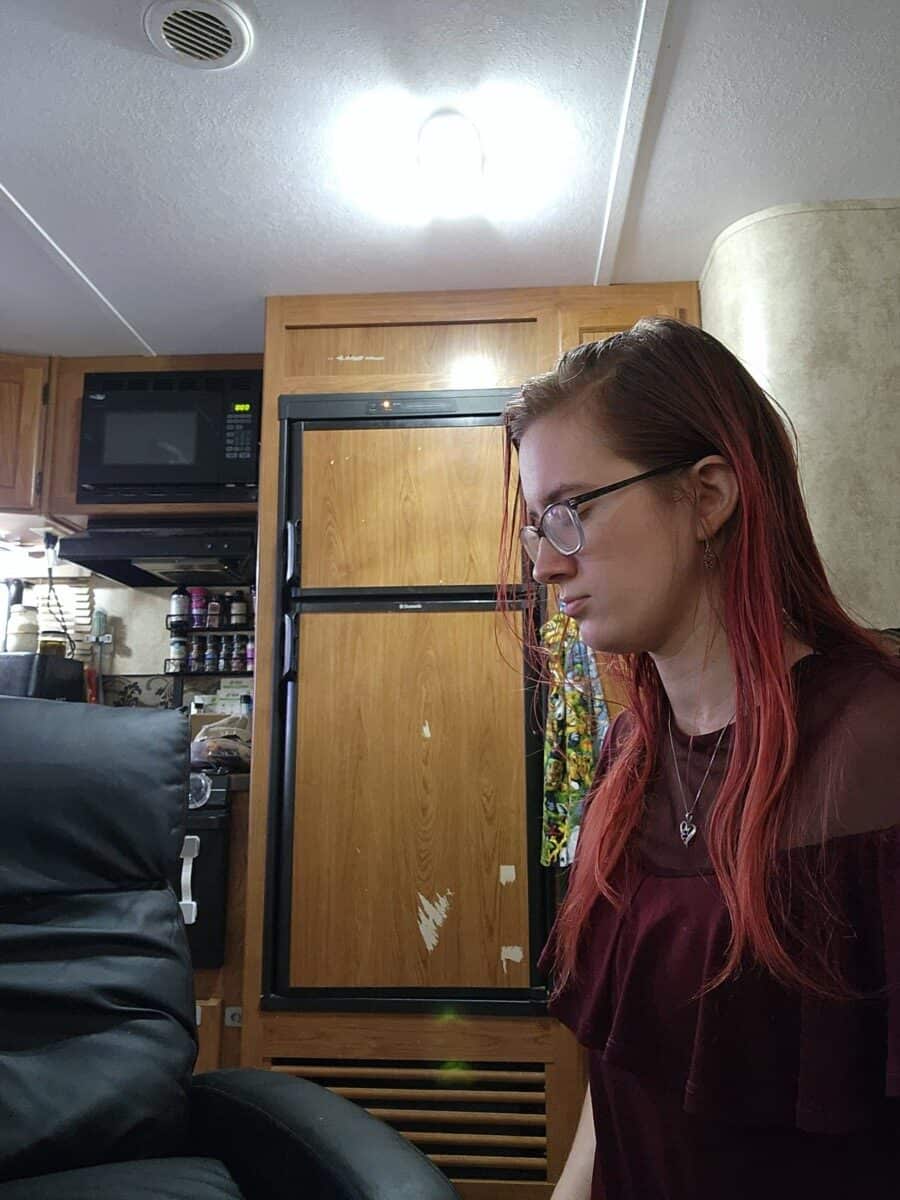I have experienced two different kinds of trauma
- Trauma that I have processed and I understand
- Trauma that I haven’t processed and don’e understand
For me, there is confort in knowing why I react a certain way and knowing makes healing a little easier
But having trauma effect me in ways that I don’t understand or know why it is happening is terrible
Shadow work is good for processed trauma, but it is incredible for unprocessed trauma. The first struggle you need to get past with unprocessed trauma is understanding what is happening to you. Shadow work helps you see problems in your beliefs and triggers, then helps you start healing.
You don’t know your triggers, where those triggers came from, and may not even know that you are being triggered with unprocessed trauma
Shadow work helps all those struggles.
One of the biggest moments of my healing journey is realizing that many of the damaging thoughts I struggled with were how my mind protected me from experiencing trauma again
Those thoughts were not “that’s just who I am” or because I was “broken”
My brain just didn’t finish processing trauma, or did finish and was protecting me from experiencing it again
What it didn’t know is that I was not in the same situation anymore
I was not going to go through that trauma again so taking extra protection measures was not needed
My brain wasn’t the enemy I thought it was
I was just a very confused friend
What is shadow work in mental health?
Mental health is a huge topic that can be very complex
But the idea of shadow work is simple
So simple that it took a while for me to accept that I understood it
Shadow work is the process of thinking about a topic and writing everything that your mind tells you down
No holding back and no judging yourself
Shadow work helps us learn more about the side of us that we are scared of and ashamed of
It is all the parts of us that we have pushed away, hidden, and exiled
When we live our lived exiling half of who we are, it disconnects us from our whole self
This is one of the major reasons we struggle with mental health
Even if you aren’t diagnosed with a mental disorder, we have have struggles and insecurities that we exile from our accepted self
Shadow work is the process of learning those parts of you, healing from trauma that needs to be healed, and accepting the rest
How can shadow work heal trauma?
Shadow work can help heal trauma, but it is not a cure all
You don’t do just shadow work to work through the hardest times in your memory
It can help!
When you visualize the version of you that was originally hurt, listen to them, and treat them with the love and compassion that they need…
It is very healing!
But that isn’t the main purpose of Shadow work
Shadow work is a self discovery process
It is how to learn about the traumas that you will work on healing
You learn your beliefs around that trauma, how it makes you feel, what connections it has to your life now, and more
That’s why I tell you not to do Shadow work unless you are ready to work on the things you find
Because shadow work isn’t a miracle worker
Once it helps you find where you are in pain, you still need to do personal work to heal from that trauma
What are triggers in shadow work?
Triggers are a universal work that describes something that sets off a reaction for you
Just like a gun, nothing happens until you pull the trigger
It could go years without going off because the trigger isn’t pulled
But the trigger being pulled sets it off every time
You likely have many triggers that set off different things for you
Some people spend years being disrespected so being disrespected now is a trigger for anger
I spent many years living in fear, so anger triggers massive anxiety and fear
Even though I know I have no one in my life now that will hurt me, that reaction still happens every time
Triggers are one of the three parts of a habit
A habit is:
- The trigger
- The action (the habit)
- The reward
Without the trigger, the habit doesn’t happen
In my fear example, the trigger is feeling someone angry
The habit is to be silent and stay as invisible as possible
And the reward is my brain thinking that it kept be safe
Does shadow work help with PTSD?
PTSD is a tough subject
I was diagnosed with it in 2016 and I know I didn’t have it as bad as other people
But it was still terrible
I do think that Shadow work would help most people with PTSD
BUT, I don’t think you should do it alone
I know that when my PTSD was triggered, I couldn’t think right
I was in survival mode
And survival mode takes a lot of brain energy which causes the brain to freak out and preserve energy
And that energy preserve feels exactly like Depression
So purposefully facing triggers is not an action to take lightly
It could effect you for hours, days, weeks, or even months depending on the severity
If you want to use Shadow work to work on PTSD, I highly recommend having help
Therapists could be a good option, but make sure you pick one that is 100% aligned with your goals
Be cautious with using family and friends
People who don’t understand can make you feel more alone without meaning to
Even if the help is someone who knows you and understands when you are going to far, that will be better than facing your darkness alone
Have someone there that can pull you back out if you need it
That person for me is my husband
His hugs can pull me back from my darkness

